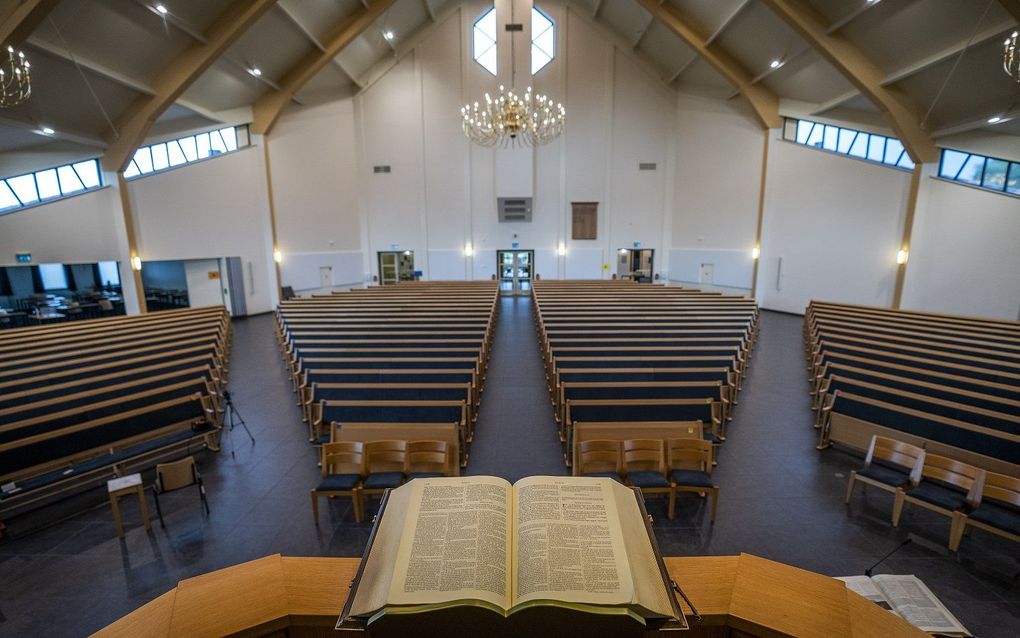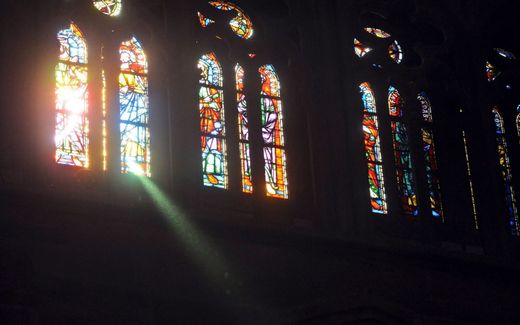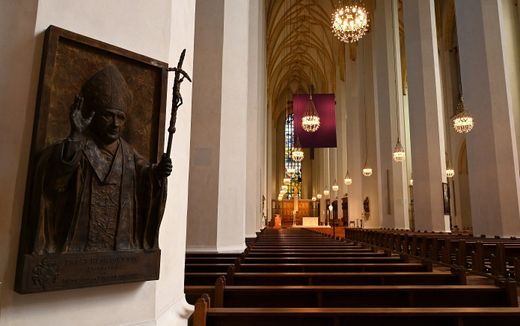Most Dutch people do not belong to a church

Empty church in the Dutch town of Putten. Photo ANP, Jeroen Jumelet
Western Europe
The number of Dutch people who do not consider themselves part of a religious group continues to increase. Currently, this applies to almost six out of ten citizens. That is shown by new statistics.
In the report Religion in the Netherlands 2021 from the Dutch Centraal Bureau voor de Statistiek (CBS), it is clear that earlier observed trends are continuing steadily. This applies, for example, to secularisation, the Dutch daily Reformatorisch Dagblad reports. In 2010, 45 per cent of the population (i.e. people aged 15 and over) did not consider themselves to belong to a religious group. Ten years later, this had risen to 55 per cent, and in 2021 to 58 per cent, i.e. almost six in ten.
Church involvement and church membership declined most sharply among Roman Catholics. Of the Dutch population aged 15 and over, 18 per cent said they were Roman Catholics in 2021. The figure was 20 per cent a year earlier and 27 per cent in 2010. Fourteen per cent said they belonged to a Protestant church last year. In 2010, the figure was 18 per cent.
Muslims
Compared to last year, the proportion of Muslims remained stable at 5 per cent. So did the group saying they belong to another philosophical group; it remained steady at 6 per cent.
CBS also mapped how often people actually attend church. Of all 15-year-olds, 18 per cent still attended services regularly, i.e. at least once a month, in 2010. This dropped to 13 per cent in 2021.
Catholics attend church the least often, at 13 per cent in 2021. Among Protestants, more than half attend church regularly. Among Muslims, 43 per cent visit a mosque at least once a month. Among the group with a different denomination or ideology, 28 per cent attend services regularly.
Related Articles






